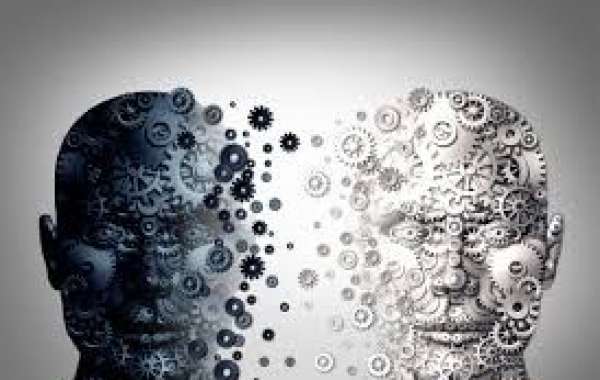Bipolar disorder can be a very debilitating illness for those who suffer from it. There are a number of factors that contribute to the symptoms of the condition, such as environmental, social and genetic factors. These factors all need to be addressed so that the disorder can be prevented. In addition, there are treatments available for patients to take in order to reduce the intensity of their symptoms.
Genetics
The genetics of bipolar disorder is an active field of study. The research is aimed at identifying specific genes and the role they play in the etiology of the disease. These findings may lead to major improvements in clinical management of the illness.
There are two main approaches to identifying genes that may contribute to the etiology of the disorder. Candidate gene approaches and linkage analysis.
The first approach, known as candidate gene approaches, involves determining the genetic loci of interest. This can be based on biological plausibility, pharmacological plausibility, or an animal model of the disease.
Linkage studies involve comparing the genomes of individuals with the disorder to healthy controls. Using the genetic markers of single nucleotide polymorphisms, researchers identify areas of the genome that are associated with the disease.
Physical factors
One of the main reasons why people develop bipolar disorder is due to genetics. Although genetics play an important role in determining who gets the condition, environmental factors also contribute to the disorder. These external causes may include stressful life events such as financial indiscretions, mood swings and substance abuse.
When it comes to treating the disorder, medication is usually the first line of treatment. But, it is also important to learn about what triggers the condition. This will help you keep your symptoms in check and prevent them from worsening.
As with any condition, it is very important to take your medication as directed. If you stop taking it suddenly, you could experience serious side effects. It is also important to tell your health care provider if you experience any side effects.
Environmental factors
Bipolar disorder is a chronic illness that affects approximately 2 million people in the United States each year. It is characterized by extreme highs and lows in mood. Although the exact cause is not fully understood, it is believed to be due to dysfunction of neurotransmitters in the brain. There are several factors that can trigger a mood episode.
One of these is a stressful life event. In addition to stressors, many studies have also examined the effects of social environmental variables. These include trauma, family relationships, and the quality of social support.
Research has found that specific aspects of the social environment can predict the severity of mania. These aspects are not necessarily associated with all individuals with bipolar disorder.
Social factors
The social environment plays an important role in bipolar depression. This includes both positive and negative aspects. It has been shown that negative life events such as trauma, sleep disturbance, and negative social interactions are associated with a greater risk of depressive episodes.
There is also evidence that the social environment has a direct effect on mania. For example, studies show that early trauma increases the likelihood of recurrence of hypomanic episodes.
Other social factors include family cohesion, relationship satisfaction, and perceived social support. These variables are correlated with both depressive and manic symptoms, but do not necessarily lead to an increase in symptom severity.
Symptoms of a "high" or "low" episode
Bipolar disorder is a type of mental health condition that causes significant changes in mood. It can be triggered by stress or traumatic events. Some people have frequent episodes while others experience just one. Each episode has its own unique symptoms.
A manic episode involves feelings of heightened energy and confidence. People with bipolar disorder also experience periods of normal mood between episodes. They can feel irritable, euphoric, or depressed.
Depressive episodes, on the other hand, are less intense. They can last anywhere from six to 12 months. If left untreated, they can be dangerous.
People who have bipolar disorder may act recklessly or engage in unsafe activities. They might even become suicidal.
Treatment options
If you suspect that you or a loved one might be dealing with bipolar disorder, it is important to seek out treatment options. Treatment can be very effective and help reduce the frequency of mood episodes. You can also take steps to help reduce the risk of relapse.
Medications are a common part of treatment. Antidepressants and mood stabilizers are used to help you control your moods. These medications are usually prescribed by your doctor.
Another form of treatment is psychotherapy, also known as talk therapy. During this form of therapy, your doctor will help you change your thoughts, emotions, and behaviors. They will also teach you how to manage and deal with stressors.








